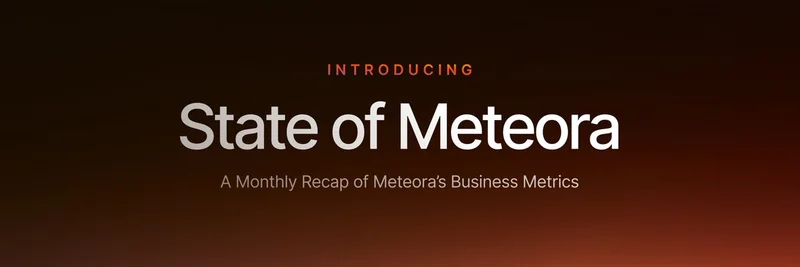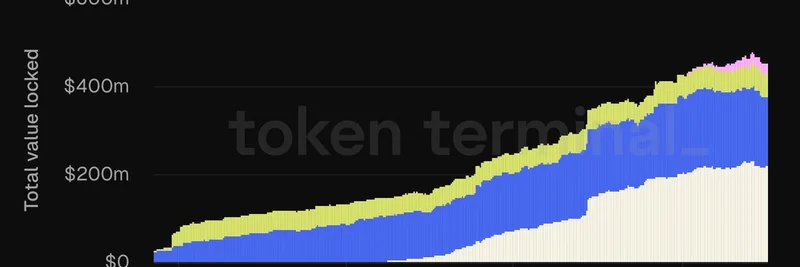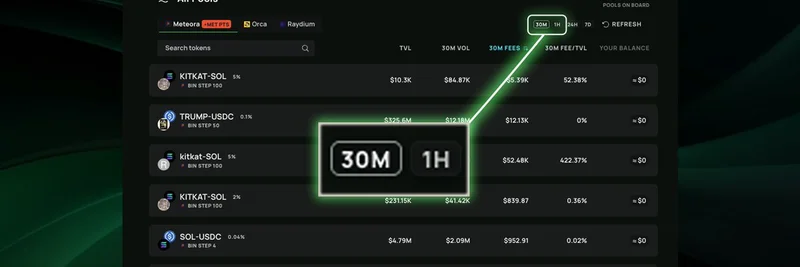Hey there, crypto enthusiasts! If you’ve been keeping an eye on the latest buzz in the blockchain world, you might have stumbled across a fascinating thread from vitorpy on X. Posted on July 25, 2025, this thread dives deep into the Darklake thesis, a concept that’s turning heads by linking privacy in trading with fairer crypto markets. Let’s break it down and see why this could be a game-changer for meme tokens and beyond!
What’s the Darklake Thesis All About?
The core idea here is simple yet powerful: privacy in crypto trading can level the playing field. Vitorpy kicks off by referencing a tweet from mert | helius.dev, who argued that if crypto succeeds but privacy fails, the whole ecosystem takes a hit. Vitorpy builds on this, suggesting that MEV (Miner Extractable Value)—a term for the profit miners or validators can make by manipulating transactions—is a symptom of privacy leaks and collusion.
Imagine you’re trading a hot new meme token, and someone swoops in to “sandwich” your trade—buying low before you and selling high after you, pocketing the difference. That’s MEV in action, and it’s a big problem in open blockchain networks like Solana. The Darklake thesis proposes that by adding privacy, we can stop this unfair advantage and create a market where everyone gets a fair shot.
The Problem with MEV, Illustrated
To hammer this point home, vitorpy shared a slide from the Darklake deck (check it out below!). It shows how MEV searchers—automated bots—extract value at the expense of regular traders and liquidity providers (LPs). On Solana, data suggests these searchers rake in more than 20% more than on Ethereum, thanks to the network’s efficiency.
The slide highlights a massive chunk of money flowing to these searchers—money that could go to LPs or traders instead. Vitorpy argues this is a direct result of privacy failures, where transaction details are exposed before they’re finalized.
Privacy as the Solution
So, how does Darklake fix this? The thread explains that by implementing privacy measures—like zero-knowledge proofs (a fancy way to verify transactions without revealing details)—they can hide trades before they happen. This stops sandwich attacks and other MEV tactics cold. Plus, with a partnership detailed on arcium.com, Darklake teams up with Arcium to add post-trade privacy using multi-party computation (MPC). Together, they’re building a full-stack encrypted trading system on Solana.
The payoff? That big MEV chunk disappears. Instead, slightly higher fees could redistribute the value back to LPs, making the market fairer. Vitorpy even throws a playful jab at critics, noting that not all MEV is “bad”—but let’s be real, the sandwiching kind definitely is!
Why This Matters for Meme Tokens
If you’re into meme tokens—like the wild rides on meme-insider.com—this is huge. Meme token trades are often impulsive and high-volume, making them prime targets for MEV bots. A privacy-focused system could protect traders, boost confidence, and maybe even stabilize those crazy price swings. Plus, with Solana’s speed, this could set a new standard for meme token ecosystems.
The Team Behind the Vision
Vitorpy gives a shoutout to the crew making this happen: solanaturbine, japarjam, colosseum, crabbylions, and DuchessofSOL, who ditched a cozy Coinbase gig to join the mission. A special nod goes to aeyakovenko for the green light to build. It’s a team effort, and their passion shines through!
What’s Next?
This thread is just the tip of the iceberg. The Darklake thesis challenges us to rethink how we trade on blockchains, especially in fast-moving spaces like meme tokens. If you’re a blockchain practitioner or just a curious trader, keep an eye on Darklake’s progress and join the conversation. Privacy might just be the key to unlocking a fairer, more exciting crypto future!
Got thoughts? Drop them in the comments or hit up the X thread here. Let’s talk crypto privacy!




